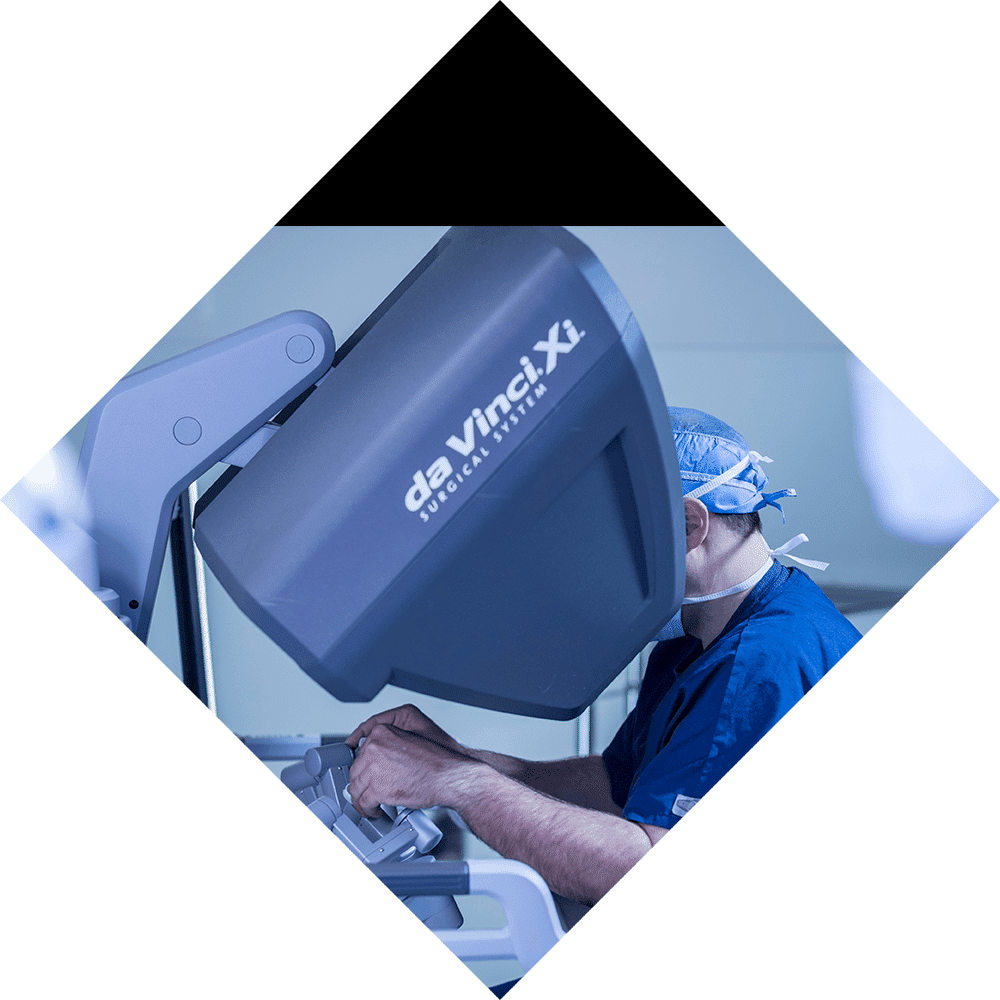Most of us don’t even know where our gallbladder is located. (For reference, it is a small pouch that sits just under the liver. The gallbladder stores bile produced by the liver and secrets bile into the small intestine to aid digestion.)
The gallbladder is not considered an essential organ. But if you have ever experienced gallstones or gallbladder pain, you know that it can produce tremendous discomfort for something relatively lightly considered by most people.
To alleviate these symptoms, many times the best option is gallbladder surgery. And if you find yourself in this situation, you will want an experienced and precise surgeon to provide relief.
The good news is that your gallbladder is not a necessary organ, and there are almost zero implications – long or short term – to having it removed.
What problems lead to gallbladder surgery?
Gallstones are pieces of solid material that form inside the organ and can cause tremendous pain that presents in the upper abdomen and back. If you have gallstone issues, you may require surgery.
Other common gallbladder problems include:
- Indigestion, with bloating, heartburn, and gas
- Sharp pain in your belly or abdomen
- Nausea and vomiting
- Fever
- Jaundice (yellowing of the skin and the whites of the eyes)
Any of these chronic symptoms may lead to gallbladder surgery.
Types of gallbladder surgery
At Longstreet Clinic, our experienced physicians offer the latest laparoscopic surgical technologies as well as cholecystectomy.
Laparoscopic surgery
This cutting-edge technique provides both precision results and a rapid recovery.
During laparoscopic surgery, small incisions are made in the abdomen to allow for several small instruments, a light, and a camera to pass through. The surgeon will then inflate your abdomen with air in order to see clearly. The surgeon then performs the procedure using a monitor that displays the view of the camera inside the body.
The surgeon will close any incisions with small stitches, staples, surgical tape, or glue. These disappear as you heal, to avoid having them removed. This speeds the recovery process.
Cholecystectomy
When a laparoscopic procedure is not possible, our surgeons will utilize a cholecystectomy, which is an open procedure. Reasons for this type of procedure include severe gallbladder problems or scar tissue in the abdomen from prior surgery.
During this procedure, your surgeon will make a single, larger incision to access and remove your gallbladder. You will then receive stitches that are covered by a dressing.
Our board-certified surgeons have extensive experience performing both laparoscopic and cholecystectomy procedures – as well as single incision laparoscopic surgery – making us experts in gallbladder removal. And we are committed to providing leading edge technology to treat any symptoms or discomfort you may experience.
Longstreet Clinic also makes a robotic system available for use in gallbladder removal. Robotic-enhanced surgery follows the same procedures as many other surgeries but requires fewer incisions, thus causing less pain and providing a greater aesthetic outcome.
What to expect from gallbladder surgery
Laparoscopic gallbladder removal is typically an outpatient procedure that allows patients to go home just a few hours after surgery.
Following surgery, it is common to experience pain in your shoulder or belly due to the buildup of air used for the surgery, but these symptoms will subside after 24 to 36 hours. Other side effects from the surgery may include diarrhea, minor inflammation of the wound site and loss of appetite. You should be able to return to your normal routine after about seven to 10 days if treated via the laparoscopic procedure, and in about four to six weeks if treated through open surgery.
Contact us today
Longstreet Clinic’s staff of surgeons and specialized healthcare professionals work hard to make each stage of your experience with us a pleasant and successful one. We look forward to answering any questions you may have and working with you to determine the best type of treatment to remedy the symptoms of your gallbladder. Contact us at 770-536-2323 to get started.

